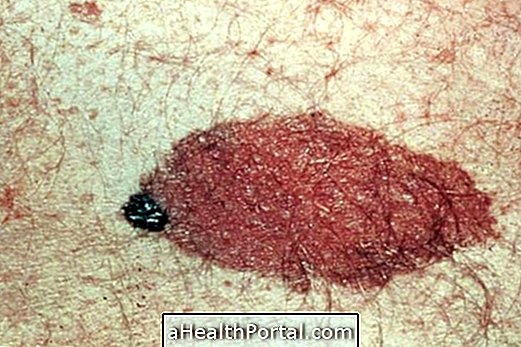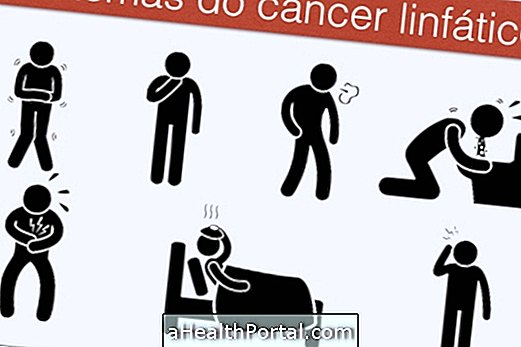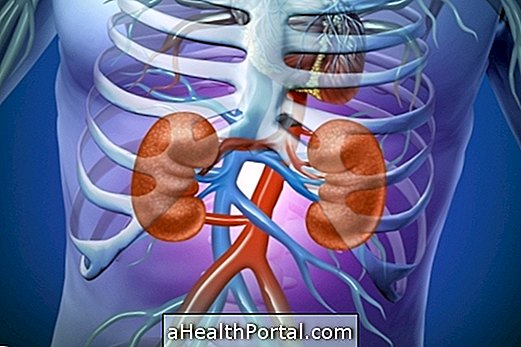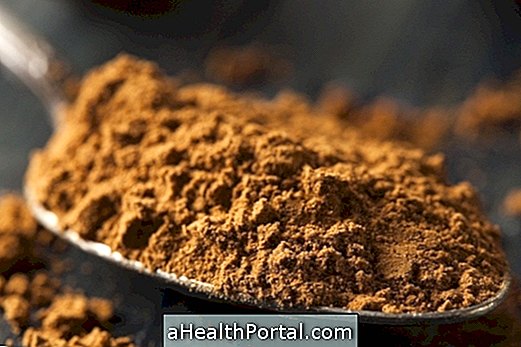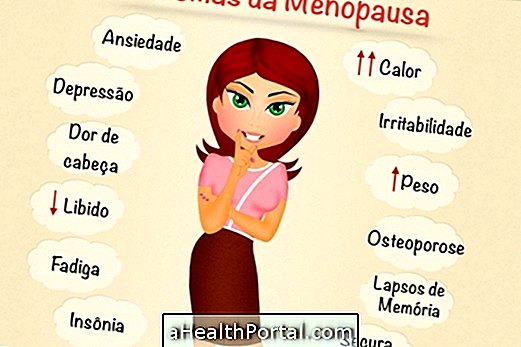Alzheimer's is a type of dementia that, although it has not yet been cured, the use of medicines such as Rivastigmine, Galantamine or Donepezil, along with stimulant therapies such as occupational therapy, can help to control the symptoms and delay their progression, avoiding aggravation of brain complications and improving the quality of life of the person.
This disease is characterized by the progressive loss of most of the person's abilities, such as loss of memory, difficulty in language and thinking, and changes in gait and balance that make the person unable to take care of himself. See more about symptoms in: Alzheimer's Symptoms.
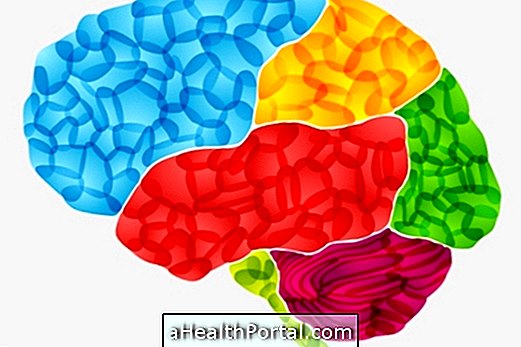
New treatments that can cure Alzheimer's
Currently, a treatment that seems to be very promising for the improvement and even cure of Alzheimer's is deep brain stimulation surgery, which is a therapy done through the implantation of a small neurostimulating electrode in the brain, and can cause the disease to be stabilized and symptoms regress. This type of therapy is already being done in Brazil, but it is still very expensive and is not available in all neurology centers.
Other scientific studies indicate that the use of stem cells may represent the cure of Alzheimer's. Researchers have removed embryonic stem cells from newborn babies and implanted them in the brains of rats with Alzheimer's and the results have been positive, but it is still necessary to test the technique in humans to ensure the efficacy and safety of the treatment.
Stem cells are a group of cells that can turn into several differentiated cell types, including neurons, and the hope is that when implanted in the brains of these patients, they fight the excess beta-amyloid protein in the brain representing the cure of Alzheimer's disease.
Existing forms of treatment
Treatment for Alzheimer's includes the use of anticholinesterase drugs, such as Donepezil, Galantamine, or Memantine, which improve brain function and are indicated by the geriatrician or neurologist.
In addition to these medicines, the patient may need to take anxiolytics, antipsychotics or antidepressants to relieve symptoms such as restlessness, depressed feelings and difficulty sleeping.
The patient may also need physical therapy, occupational therapy, maintaining adequate nutrition and swallowing capacity, and maintaining activities that stimulate the brain and memory through games, reading, or writing, for example. Learn more about Alzheimer's treatment.
Natural Treatment for Alzheimer's
Natural treatment only complements drug treatment and includes:
- Take vanilla tea, because the caffeine in this tea acts as an antioxidant and anti-inflammatory, protecting the brain cells. Learn how to prepare in: Vanilla Tea for Alzheimer's Disease;
- Put cinnamon in the meals, because it inhibits the accumulation of toxins in the brain;
- Eat foods rich in acetylcholine as they have a function of improving memory capacity, which is affected in this disease. Know some foods in: Foods rich in acetylcholine;
- Have a diet rich in antioxidants such as vitamin C, vitamine E, omega 3 and complex B, present in citrus fruits, whole grains, seeds and fish.
In addition, you can prepare some juices with antioxidant foods like apple juice, grape or goji berry, for example.

Apple juice for Alzheimer's disease
Apple juice is an excellent home remedy to prevent and complement the treatment of Alzheimer's. The apple as well as being a delicious and very popular fruit, helps increase the levels of acetylcholine in the brain, which fights brain degeneration caused by the disease.
Ingredients
- 4 apples;
- 1 liter of water.
Method of preparation
Cut the apples in half, remove all the seeds and add them in the blender along with the water. After beating well, sweeten to taste and drink soon afterwards, before the juice becomes dark.
It is recommended to drink at least 2 cups of this juice every day, to improve memory and all brain function.
